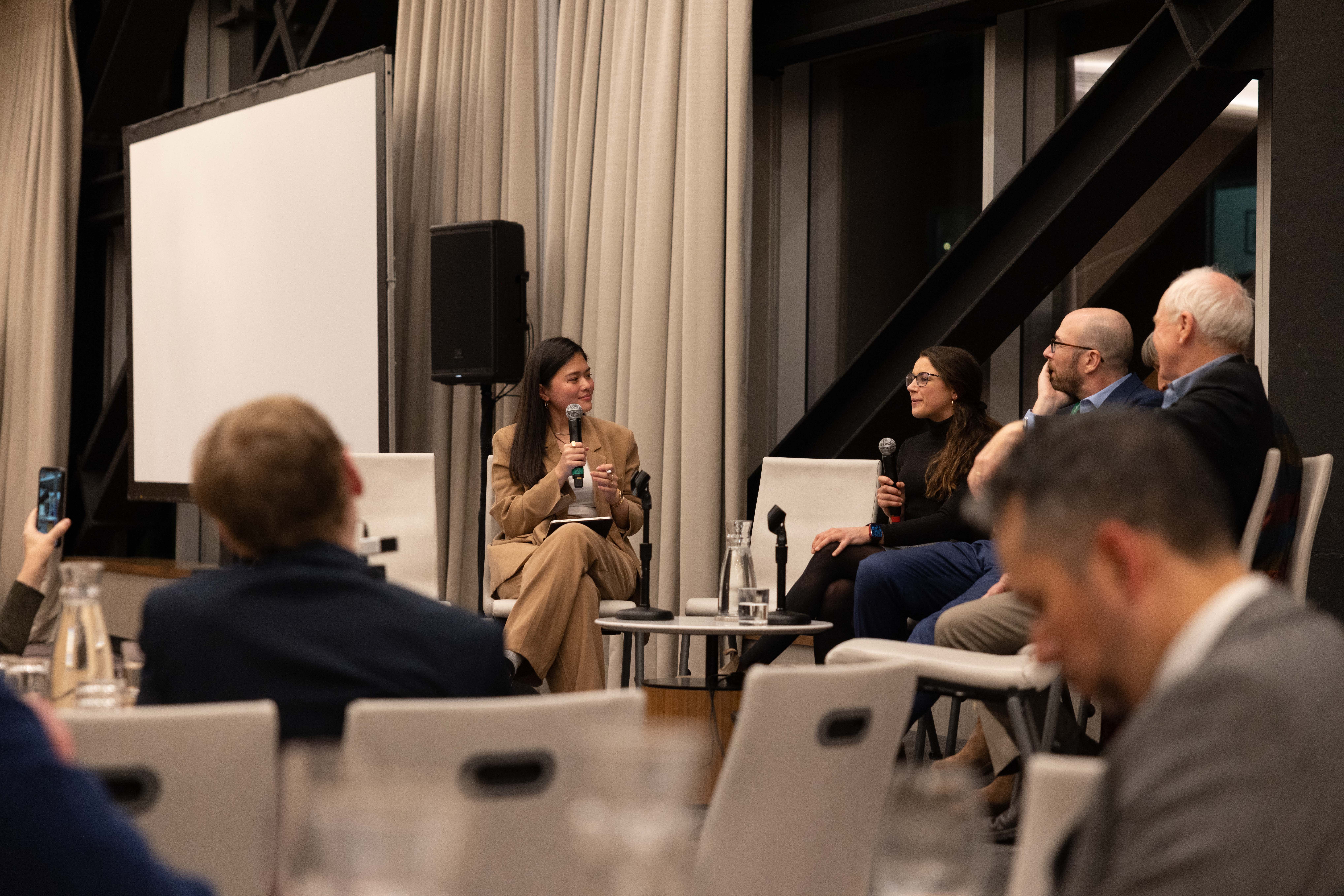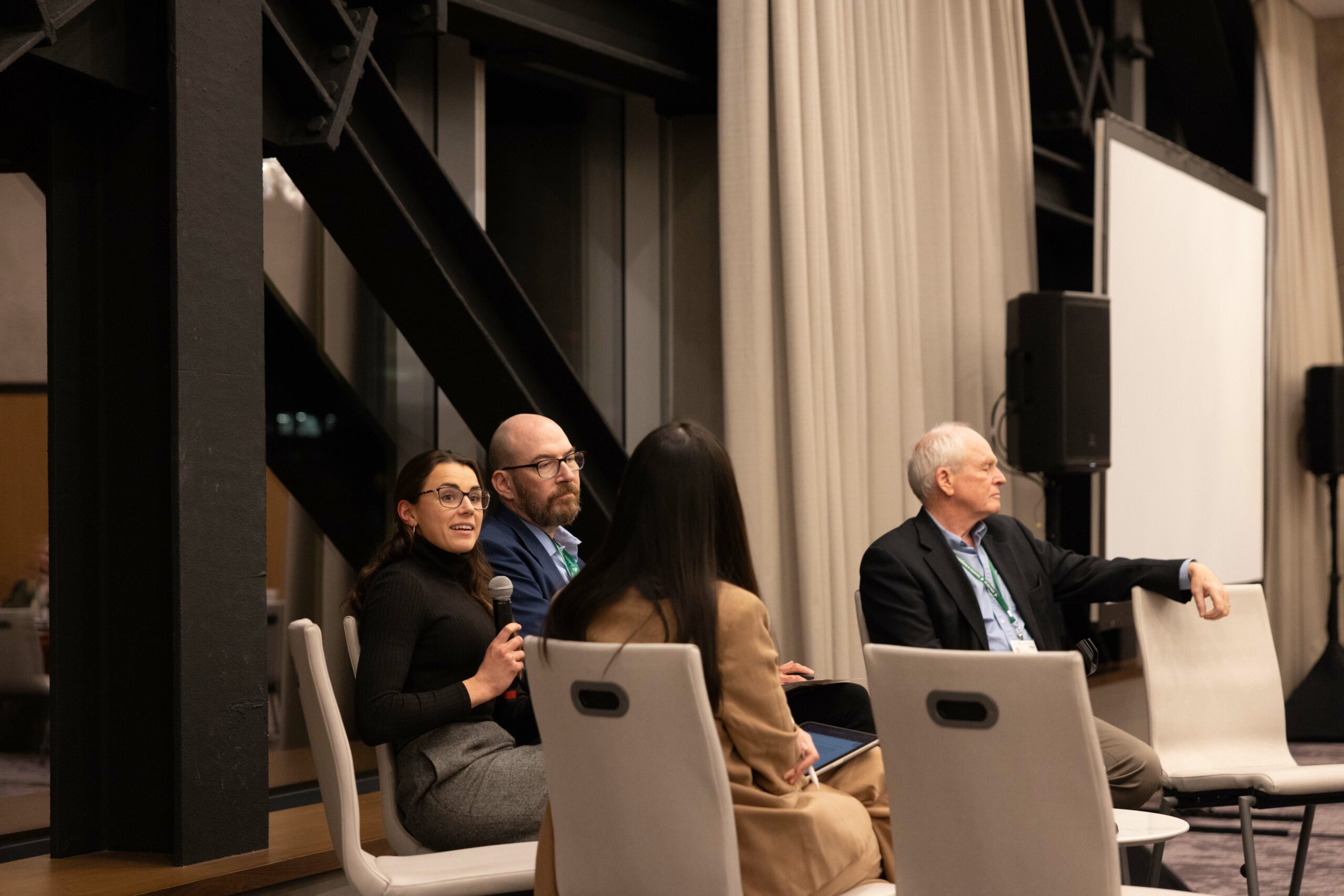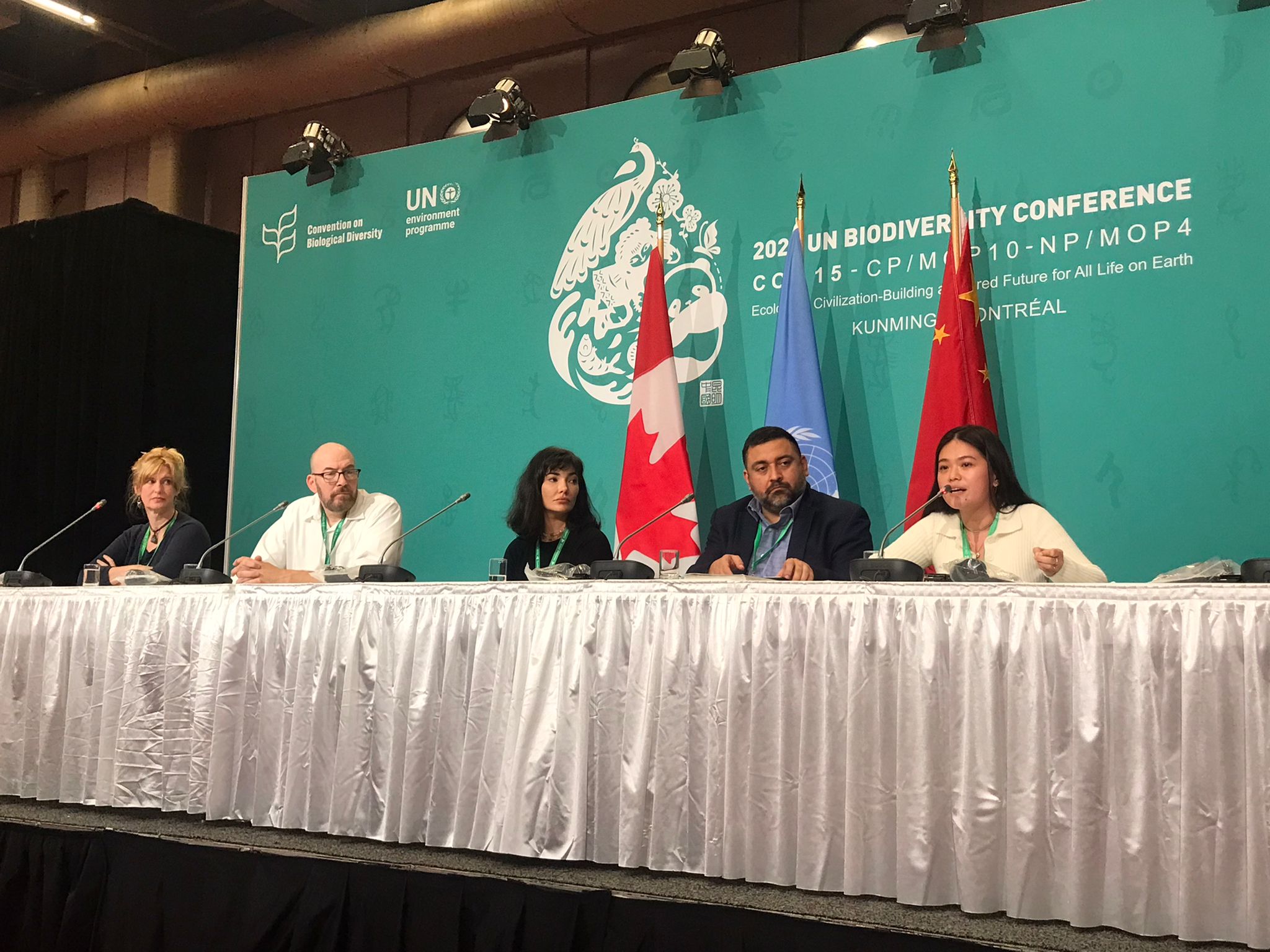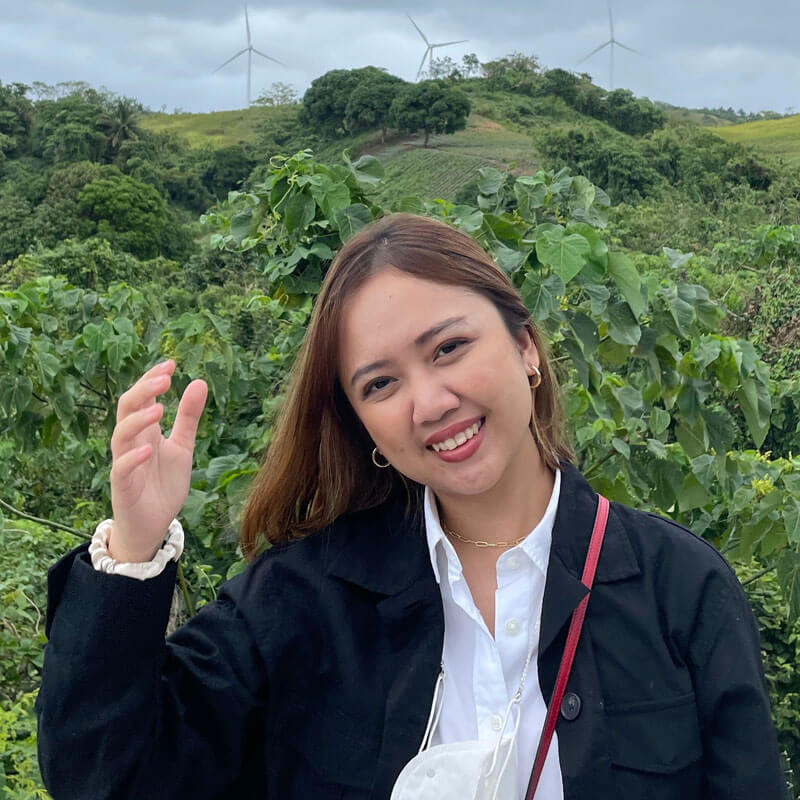The Successes and Pitfalls of COP15: Why We Will Continue to Talk About Half
By Cidee Despi
The recently concluded COP15 is a historic event, and it has given us much to think about. The gathering of world leaders and conservation actors has resulted in the drafting of the post-2020 Global Biodiversity Framework (GBF). This is a landmark deal indeed, as it gives us a framework on how to move forward in the protection and conservation of the planet’s biodiversity. However, while we acknowledge the significance of such a feat, we are also aware of its pitfalls.

CoalitionWILD Director Yen Parico facilitating the panel | Photo by: Avery Tilley of Reserva: The Youth Land Trust
We have known this before and we stand by it now: 50×30 is the most effective approach to conserving and protecting the Earth’s biodiversity — and the scientific community agrees. CoalitionWILD is committed to supporting and advocating an inclusive way forward to reach 50×30. This is why, last December 10, we, alongside WILD Foundation, Reserva, Avaaz, One Earth, and CPAWS, hosted Let’s Talk About Half as a COP15 side event. With our panelists’ help, we discussed how to deliver effective mass conservation.
The event opened with a speech by Stephen Woodley of IUCN WCPA who talked about the science behind the global biodiversity framework and area-based conservation. Then, Karl Burkart of One Earth highlighted the institutional and scientific support behind 50×30. He was followed by Erinn Drage of WCPA who talked about how OECMs can be an exciting tool to forward conservation goals. Lastly, Maggie Fox of the Global Biodiversity Narrative Project challenged the crowd as to how statistical policy goals should be complemented with storytelling.
After which, Yen Parico, director of CoalitionWILD, moderated a panel with Dr. Stephen Woodley of WCPA, Erinn Drage, Maggie Fox, and Karl Burkart. The group talked about the limits and possibilities of COP15 and the importance of having a shared language to forward an agenda among others.

Let’s Talk About Half Panel | Photo by Avery Tilley of Reserva: The Youth Land Trust
To wrap up the event, we heard about the work of Catherine Traynor of Tenure Facility and from Marco Monteros of Dracula Project and Callie Broaddus of Reserva: The Youth Land Trust who reminded us that “the planet’s biodiversity is our circulatory system. And, at the moment, we are bleeding out.”
And that’s the truth: we are bleeding out. Which is why we believe that we need more than sweeping policy recommendations and compromised approaches.
Target 3 of the post-2020 GBF aims to “protect and conserve at least 30% of the world’s islands, inland waters, coastal areas, and oceans, with emphasis on areas of particular importance for biodiversity and ecosystem services.” While we appreciate a measurable objective, we also see gaps in this target.
For one, the post-2020 GBF fails to be precise in its ambition. It fails to specify Key Biodiversity Areas that need to be prioritized, which means we run the risk of going for areas that are “easier” to protect and conserve, but that may yield less impact.
Moreover, it ignores the overwhelming scientific consensus that calls for protecting and conserving 50% of the planet’s biodiversity, as opposed to the 30% agreed upon. After all, the principle is recognized by the United Nations Inter-governmental Panel on Climate Change (IPCC) in its 2022 report as an effective approach. Apart from that, over 150 indigenous groups and NGOs, with the support of 3.2 million individuals, have endorsed the Global Deal for Nature, calling to protect 50% of the world’s lands and seas by 2030.

Our director, Yen Parico, alongside Julia Jackson of Grounded.org, Amy Lewis of WILD Foundation, Karl Burkart of One Earth, Oscar Soria of Avaaz, and Eric Dinerstein of RESOLVE took a stance at COP15 and called for the conservation and protection of 50% by 2030.
We acknowledge the successes of COP15—that it has given policy makers, world leaders, and conservation actors like ourselves a blueprint to move forward. But its pitfalls are in the vagueness of its language. It gives the aforementioned key actors less room to move comprehensively, and more room to take the path of least resistance.
Now that the post-2020 GBF has been institutionalized, the call is to remain vigilant. Success is still a possibility—as long as we as a collective work together in holding our leaders accountable and creating a demand and awareness of Nature Needs Half.


